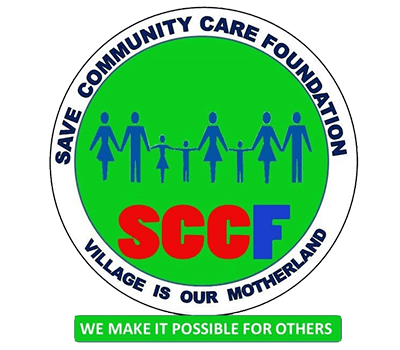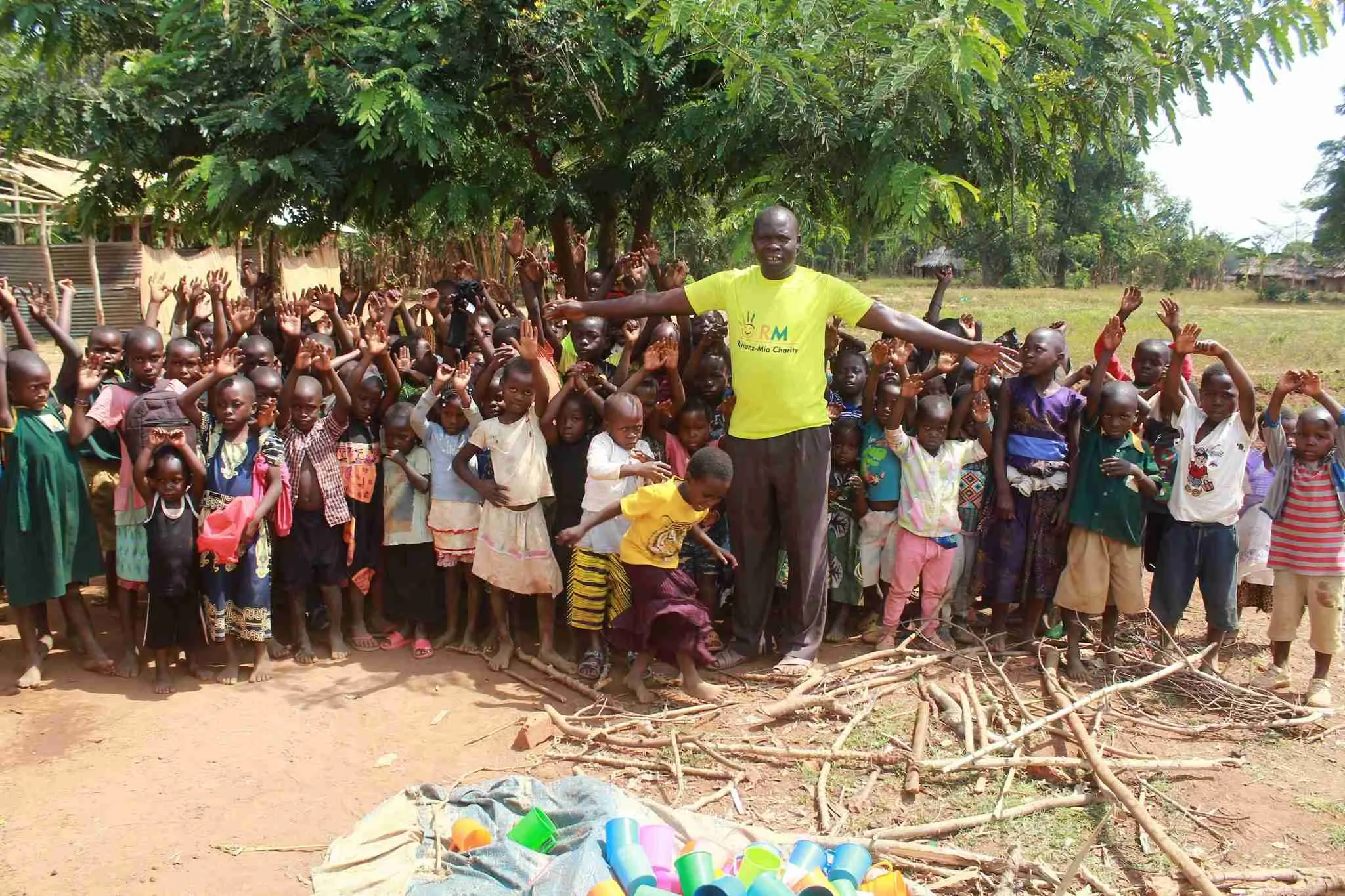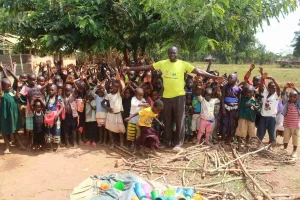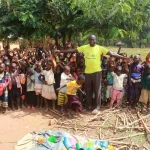INTRODUCTION
NUMBERS
CAUSES
CONSEQUENCES
SAVE COMMUNITY CARE FOUNDATION
We are in Uganda work indeed directly with rural poor, marginalized and disadvantaged vulnerable children. We take care also with disabled persons, aged women and young children in communities. Save Community Care Foundation has cut its niche in addressing the physical, social, and psychological needs of orphans and vulnerable children in Kaliro District. Our mission is to foster, establish and enrich an unveiled treasure that will create a brighter future for vulnerable and disadvantaged young children and youth in our rural poor communities. The save Community Care Foundation project is set up to solicit funds to address and encourage every vulnerable and disadvantaged child and youth to remain in school. It is indisputable that all children, irrespective of background, should have the right to an education. As an organization, we are committed and been working tirelessly to serve our poor rural communities through careers in teaching or nursing. Still, we lack the necessary financial resources to pursue our dreams. How to help in an active way?






